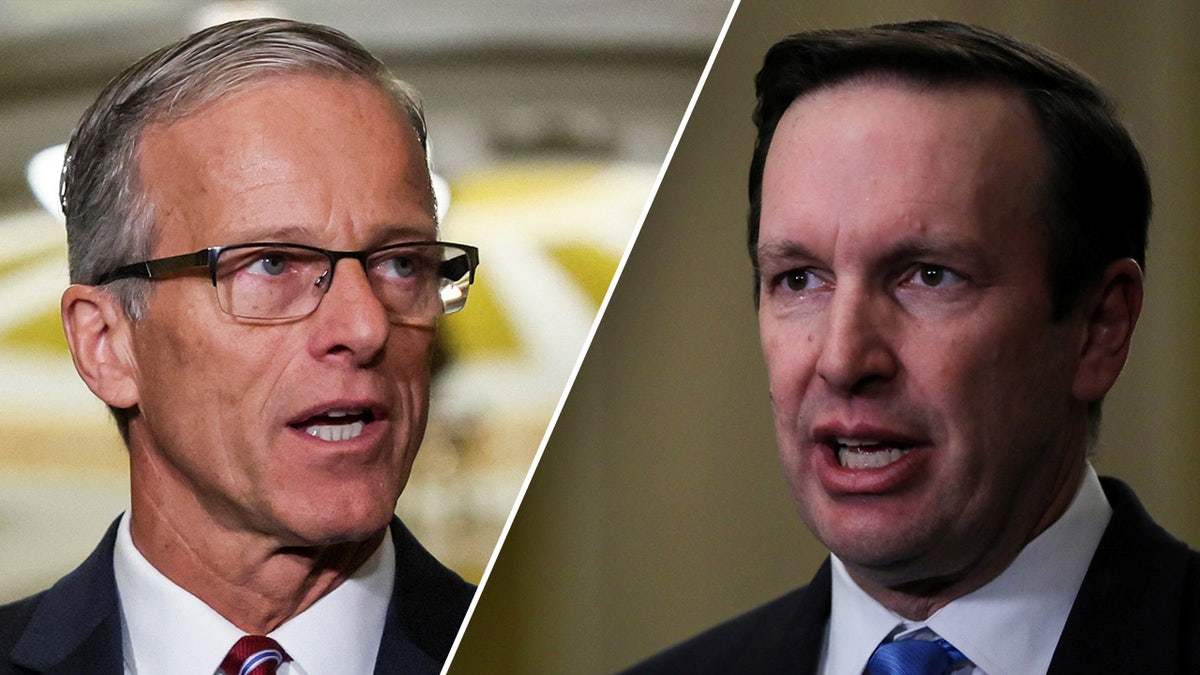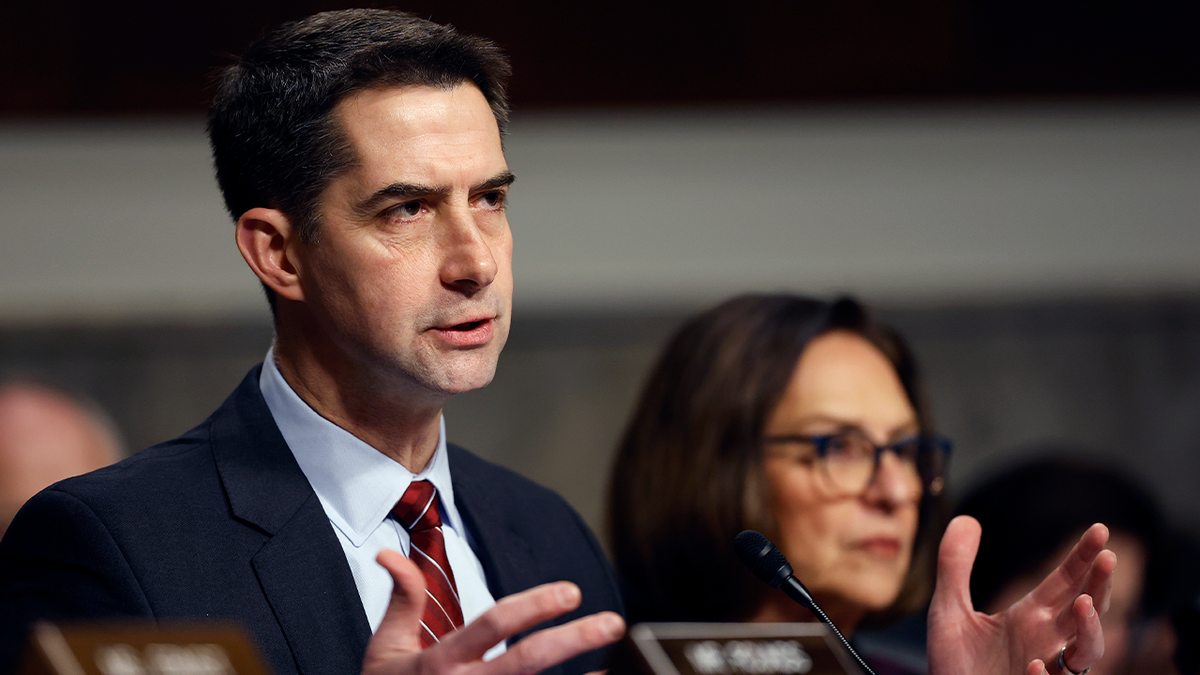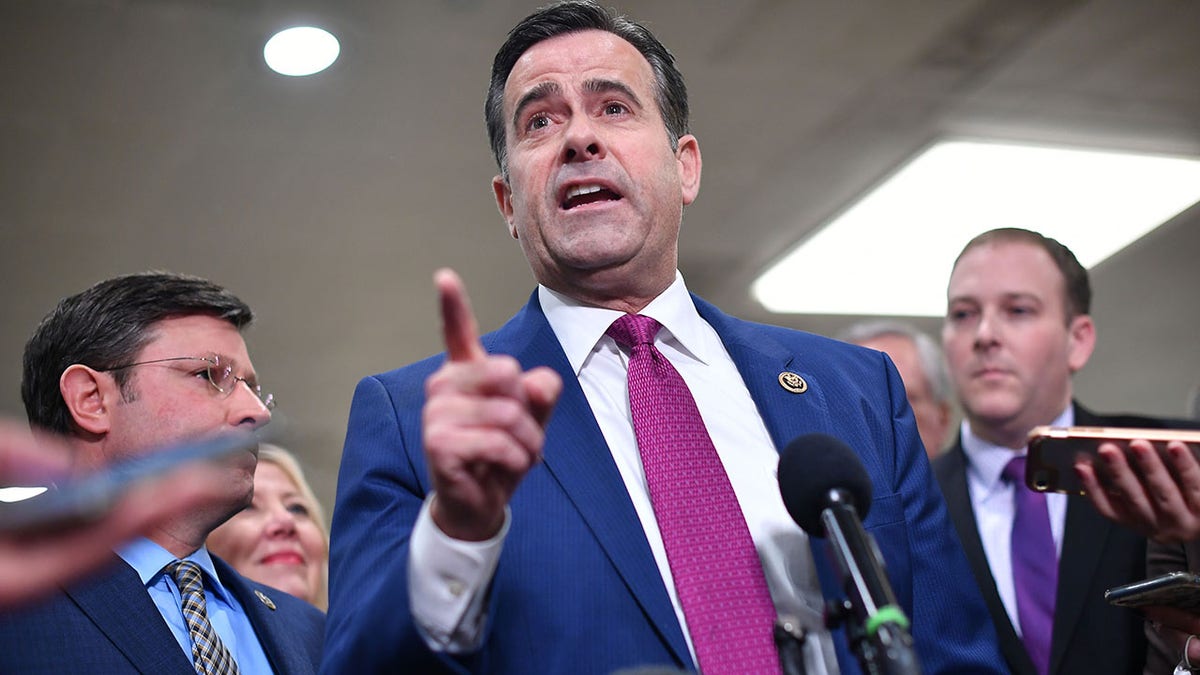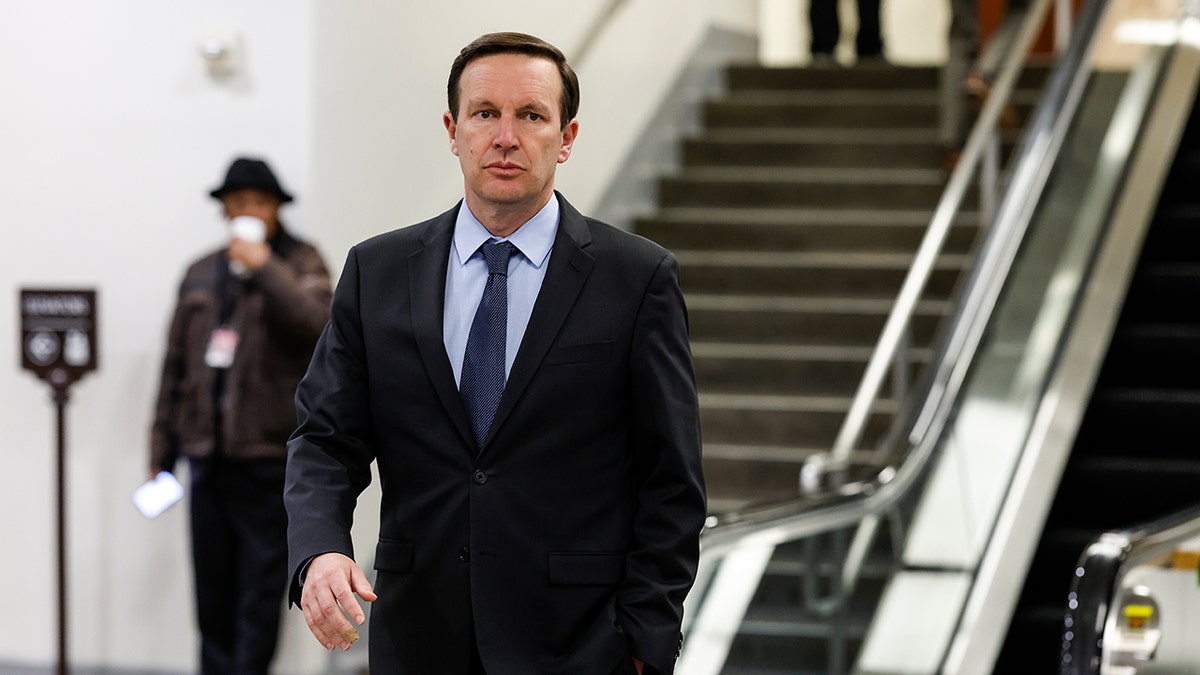Sen. Chris Murphy, D-Conn., disrupted Senate Republicans’ plans to quickly confirm President Donald Trump’s national security nominees on Tuesday night when he objected to bypassing lengthy procedural votes that are routinely skipped.
“Unfortunately, we were at the point of almost having a consent agreement to have a vote on the confirmation of John Ratcliffe to be the CIA director tomorrow. Not today, not yesterday, when it should have happened, but tomorrow,” Senate Republican Conference Chairman Tom Cotton, R-Ark., said on the chamber floor. “But the senator from Connecticut has decided to object at the last minute.”
“I don’t really understand the objection to Mr. Ratcliffe. He was confirmed by the Senate to be the director of National intelligence. He was fully vetted through the bipartisan process in the Senate Intelligence Committee. We voted him out yesterday on a 14 to 3 vote,” Cotton, also the chairman of the Senate Select Committee on Intelligence, continued.
HEGSETH LAWYER SLAMS ‘FLAWED AND QUESTIONABLE AFFIDAVIT’ FROM EX-SISTER-IN-LAW

Thune told senators they could confirm nominations the easy way or the hard way. (Reuters)
During his objection, Murphy said there were “serious concerns” from some Democrats about Trump’s CIA pick John Ratcliffe. “I don’t think it’s too much to ask to make sure that we have a full, real debate that lasts two days on the Senate floor,” he said.
The Connecticut Democrat notably previewed Trump’s eventual second presidency over the summer. “There’s a lot of anxiety in the country and in the party today, and that’s because the stakes are so high,” he said.
“That’s because Donald Trump presents an existential threat to democracy. He has advertised he is going to transition this country from a democracy to a dictatorship,” he claimed in a July appearance on CNN.
REPUBLICAN LEADERS STILL AT ODDS ON RECONCILIATION DEBATE AFTER TRUMP MEETING

Cotton chairs the intelligence committee. (Getty Images)
Murphy’s Tuesday night objection to speeding through the routine procedural votes is the first case of Democrats using the strategy Republicans employed while in the Senate minority to gain leverage to negotiate.
Senate Majority Leader John Thune, R-S.D., expressed his frustration with the objection on the floor, saying, “OK, so 14 to 3 coming out of the committee. And we’ve now wasted a whole day where we could have been acting on that nomination.”
“And so really, I think the question before the House is, do we want a vote on these folks on Tuesday or vote on them on Friday, Saturday and Sunday? Because that’s what we’re going to do,” he said, threatening weekend votes in the upper chamber.
NEW SECRETARY OF STATE MARCO RUBIO PAUSES REFUGEE OPERATIONS, RAMPS UP VISA VETTING

Ratcliffe is Trump’s choice to lead the CIA. (Getty Images)
“This can be easy or this can be hard.”
Murphy foreshadowed this type of defiance while speaking to reporters last week.
“I think Republicans changed the rules here over the last two years,” he said. “They used extraordinary powers to block nominees and to lengthen every process.”
NEW OHIO AND FLORIDA SENATE-APPOINTEES SWORN IN AS VANCE AND RUBIO’S REPLACEMENTS

Murphy foreshadowed the move last week. (Anna Moneymaker/Getty Images)
CLICK HERE TO GET THE FOX NEWS APP
“The rules are different now, they changed the way the Senate works,” he reiterated.
Thune took the necessary actions to tee up eventual votes on Ratcliffe, Trump’s choice to lead the Department of Defense Pete Hegseth and his pick for Secretary of Homeland Security Kristi Noem. Since there is no agreement with Democrats to limit debate and bypass certain procedural votes, the nominations will not ripen for confirmation votes for more than a day.